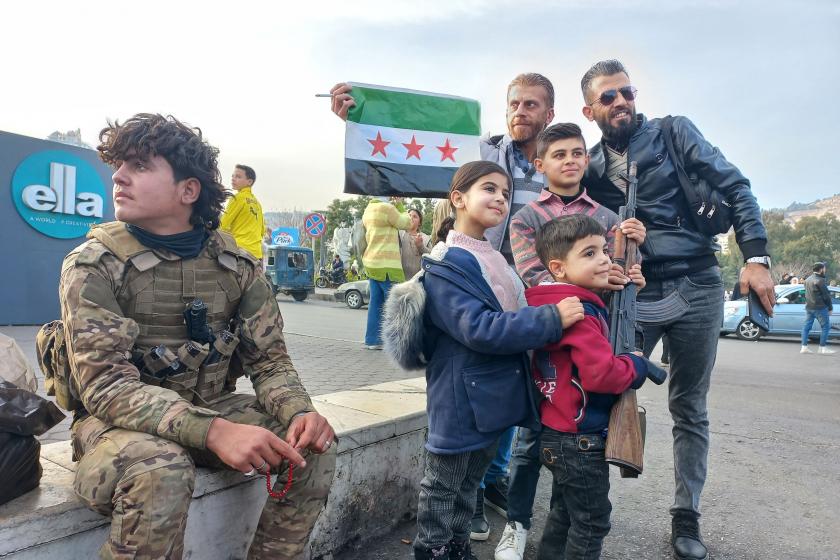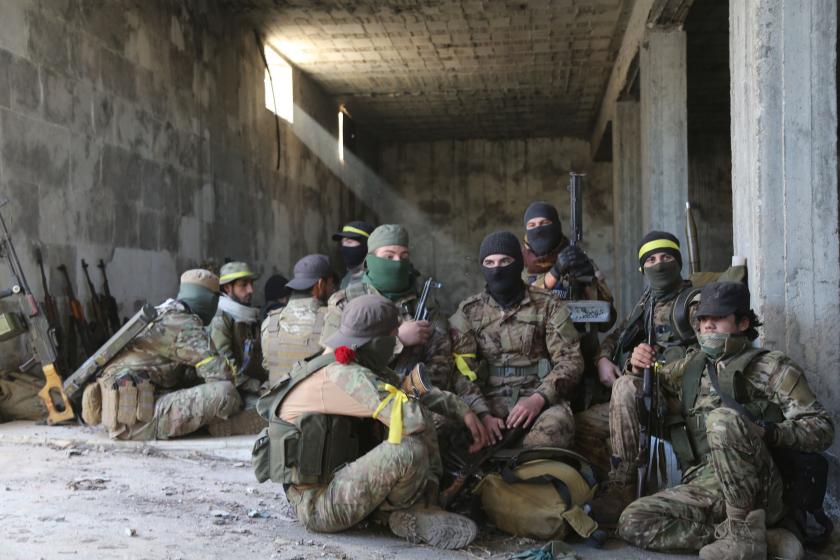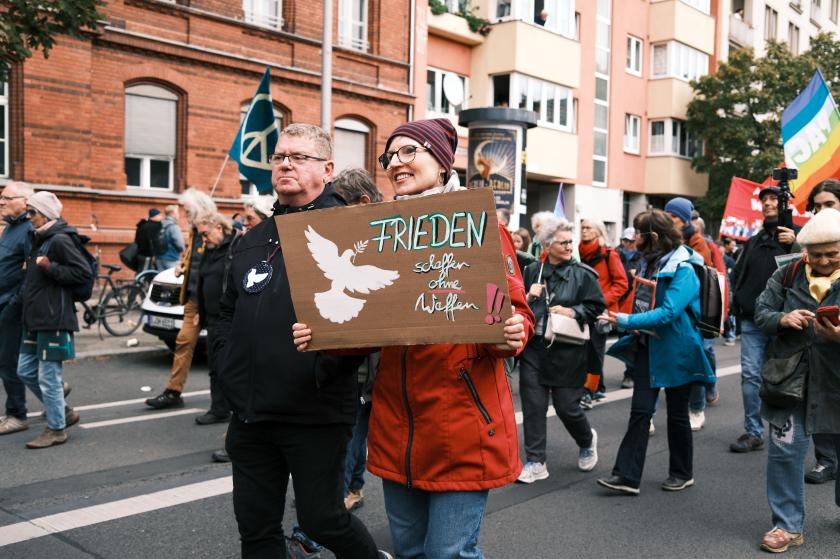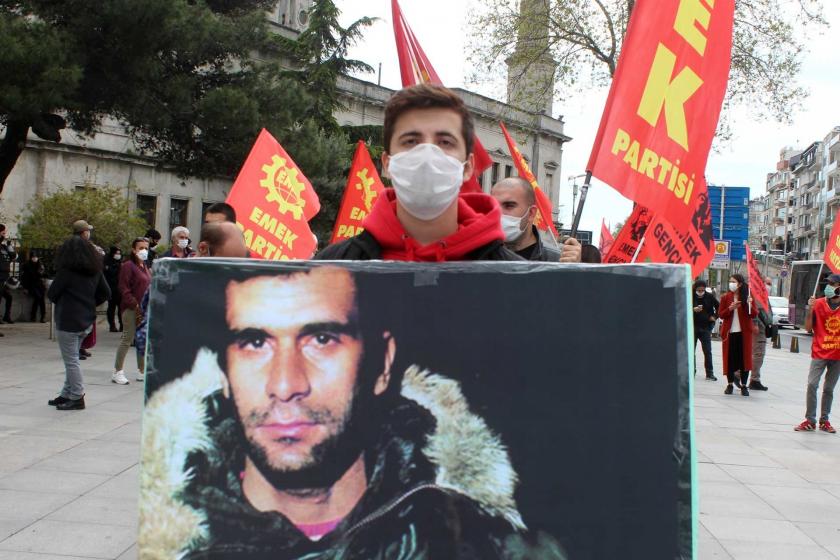Afrin where Turkey has been conducting its military operations has lost its status as a small urban centre and began to emerge as a part of the post-ISIS confrontation process.
With the involvement of Iran, claims that Afrin will be passed onto militia-control are being put to the fore. There are reports that a negotiation process directly or indirectly concerning Iran, Damascus, YPG, Russia and the US is ongoing. There is no confirmation whether there is an agreement or not, or what the details of the agreement is, although it is certain that a process of negotiation is underway. With the situation
developing as such, it may well be asserted that a process embryonic to important developments for Turkey, which is still continuing with its operations, has begun.
Before going on to predictions concerning possibilities, let us take a look at Turkey’s recent past just before setting out to the Afrin operation:
- Iraq became the location where the period of struggle between the US-Russia and regional forces concretely started in the post-ISIS period. The Iraqi Kurdish Regional Government’s (IKRG) move for an independence referendum was met with the severe reaction of Iran, acting together with the Baghdad government nd the Peshmerga forces allied to the US had to withdraw from a large area which it came to control in the period of fight against ISIS.
- The US, although it has not been supporting the IKRG directly due to various reasons, is disconcerted with such attempts by Iran, with its increasing influence in Iraq and its expansion in a broad region extending from Iran to Lebanon and Israel over Al-Hashd Al-Sha'abi [Popular Mobilization Forces - Iraqi state- sponsored umbrella organization composed of militia groups]. The US, in parallel with Iran and Russia’s attempts in the region, began to reinforce its relationship with Kurdish political and military formations. It is in this context that the Syrian Democratic Forces, the spine of which is comprised of YPG, with the support of the US entered Raqqa, and the US embarked on reinforcing its presence within the region by strengthening the Kurdish formations in the region to the east of Euphrates.
- Russia, the other influential actor within the region of Syria, did not embark on attempts as definitive as the US, however, following the first indications of Turkey’s operation to Afrin, instigated a series of negotiations in order to facilitate the development of close relations between the Kurds and Damascus rather than with the US.
Although there is no official confirmation, sources close to sides endorse that two meetings took place between Russia, Kurds and Damascus before the onset of Turkey’s Afrin operation. Reports are that this meeting discussed the possibility of Turkey’s embarking on a military operation against areas where YPG is present and the demand for Syrian army to be involved in order to prevent these operations. According to this, Damascus and Russia had demanded “the complete administrative and military transfer of some regions on the west of Euphrates including Afrin and Manbij to Syrian army/administration.” Reports are also that subsequent to Kurdish refusal of these demands, the negotiations have reached an impasse and that, immediately after, Turkey set out on its operation.
It is known fairly well that Damascus and Russia “gave a green light to” Turkey’s operation for “a certain period of time and region.” The most important reason for the green light is to give the Kurds a message of “testing and considering their relations with the US.” It is certain that the Kurds have not received the support they have expected from the US in Afrin.
What seems evident is that all these developments have forced the Kurds to new deliberations with Damascus, Iran and Russia, with the negotiations that collapsed before the Afrin operation recommencing. There is no confirmed treaty as yet. According to some unconfirmed claims Damascus and Iran demanded the transfer of Afrin from Kurds.
The start of the reinforcement of Afrin by militia forces are also amongst news arriving. We know that the previous day, the Turkish Armed Forces opened mortar fire on this convoy and that this convoy withdrew 10km back as a result. Yet the media close to the militia and sources close to YPG confirm the continuation of the very present reinforcement of Afrin.
Well, while there is a Syrian army, why is it that it is militia controlled by Iranian commanders who are moved to Afrin? As the process has not clarified and the militia has not secured the control of Afrin, it is hard to make a definitive assessment but it can be inferred that this attempt has objectives such as preventing the escalation of the risks to confrontation between the Syrian army and Turkish Armed Forces, Iran’s direct
message to Turkey and the facilitation of the transition period with militia forces when negotiations between Iran-Damascus- Turkey and Russia are underway.
When this final situation is assessed from the point of view of Turkey, the Afrin operation, while bringing the Kurds and Damascus closer, it seems also to have paved the way for the speedy insertion of Iran, which has retained its silence for a while, into the formula in Syria with the militia forces. And again, one of the main reasons for the Afrin operation was to open new areas for groups in Idlib where the Syrian army and
Russia have been conducting operations of their own. Despite discord in between Iran, Damascus, Russia and Kurds on many a subject, their assessment of armed groups in Idlib is identical. As such, alongside the developments emerging as a result of transfer of control of Afrin to militia forces, there is also the possibility of uptake of a common fight against the groups in Idlib, a possible development which will likely not go down too well with Turkey.
As stated above, Afrin is fast becoming an influential part of the new process. Based on current conditions, the winner of Turkey’s Afrin operation, ongoing for the last month, seems to be Damascus and Iran considering how they have forced the Kurds to change
position.
In case of the extension of Afrin operation, the risk of a confrontation between Turkey and the Syrian army supported by Russia, if not directly with Russia, is gradually increasing.
On the other hand, the possibility of a military operation against the east of Euphrates where the militarily and politically concentration of Kurds is found is distinctly weak.
Despite the claims to contrary by official declarations and the press that it is “within the bounds of possibility,” let alone the east of Euphrates, even an operation against Manbij is sure to require a compromise with the US.
In short, even if Kurds withdraw from Afrin, they are going to continue to preserving their presence on the west of Euphrates and their place at the table in Syria around which forces such as Iran and Russia are sat. At the same time, so long as the context, ultimate aim, and ending period of Turkey’s Afrin operation remain uncertain, both the prospect and the gains of the operation will change in accordance with the attempts of the other actors already present within the field.



